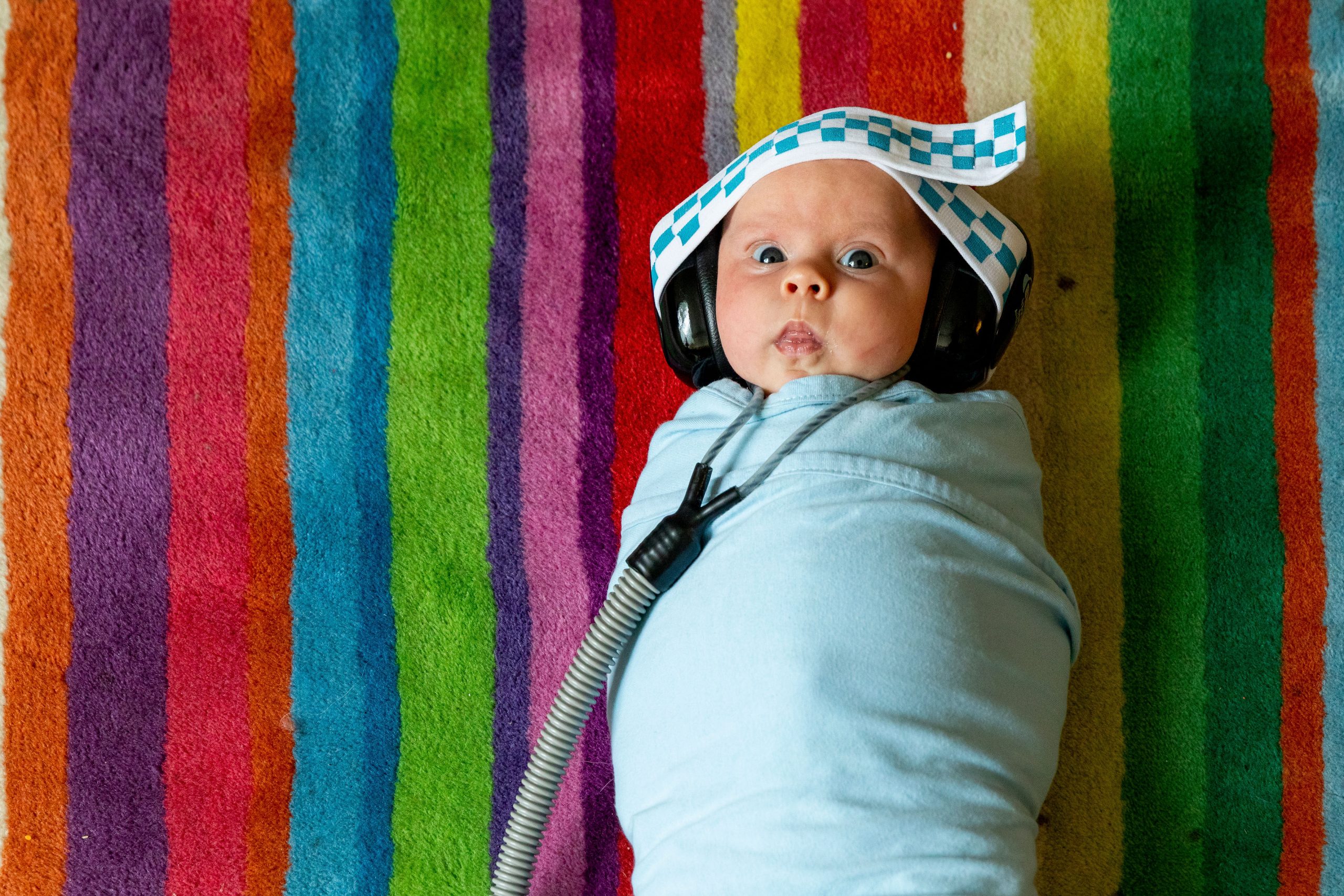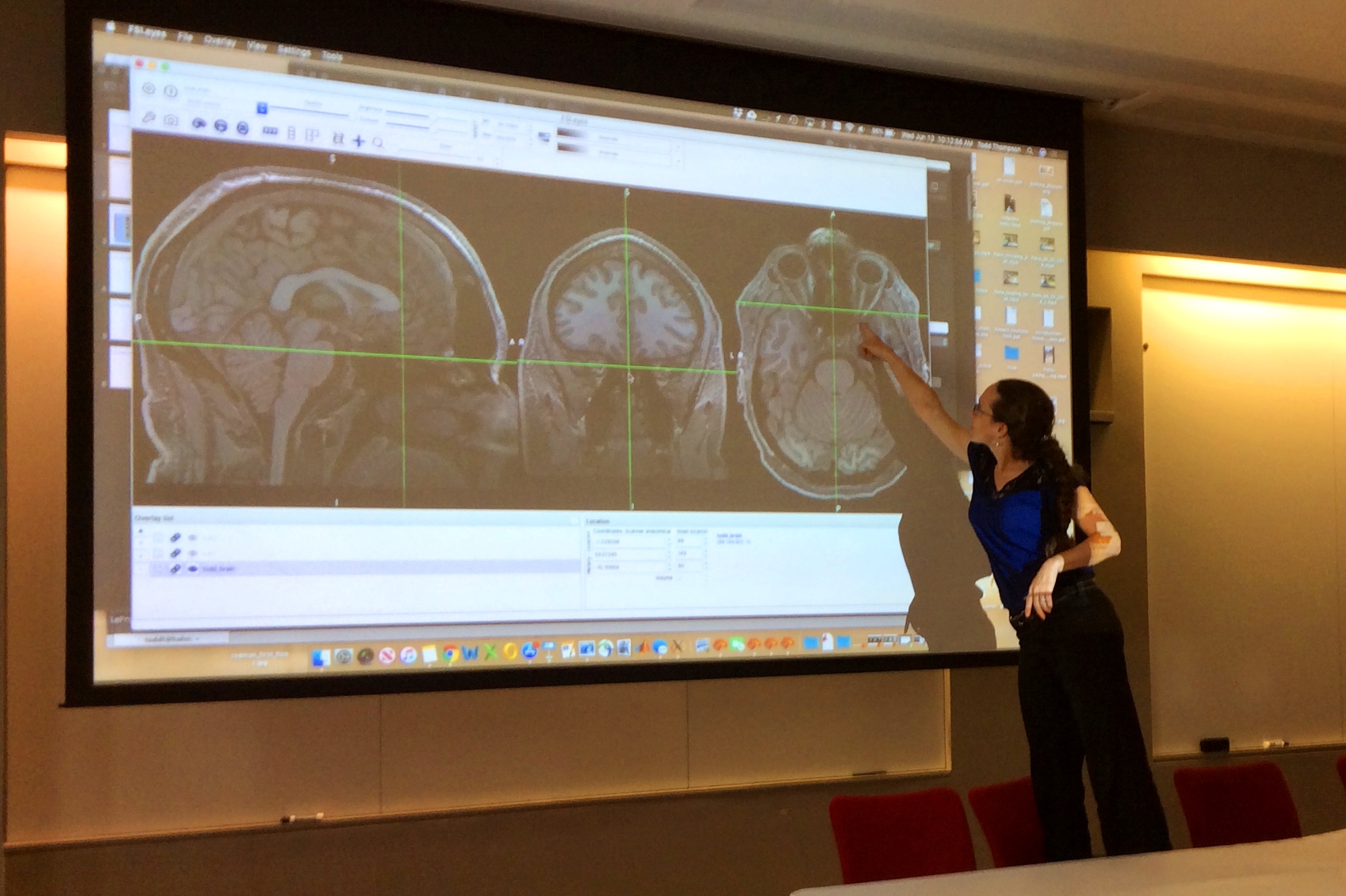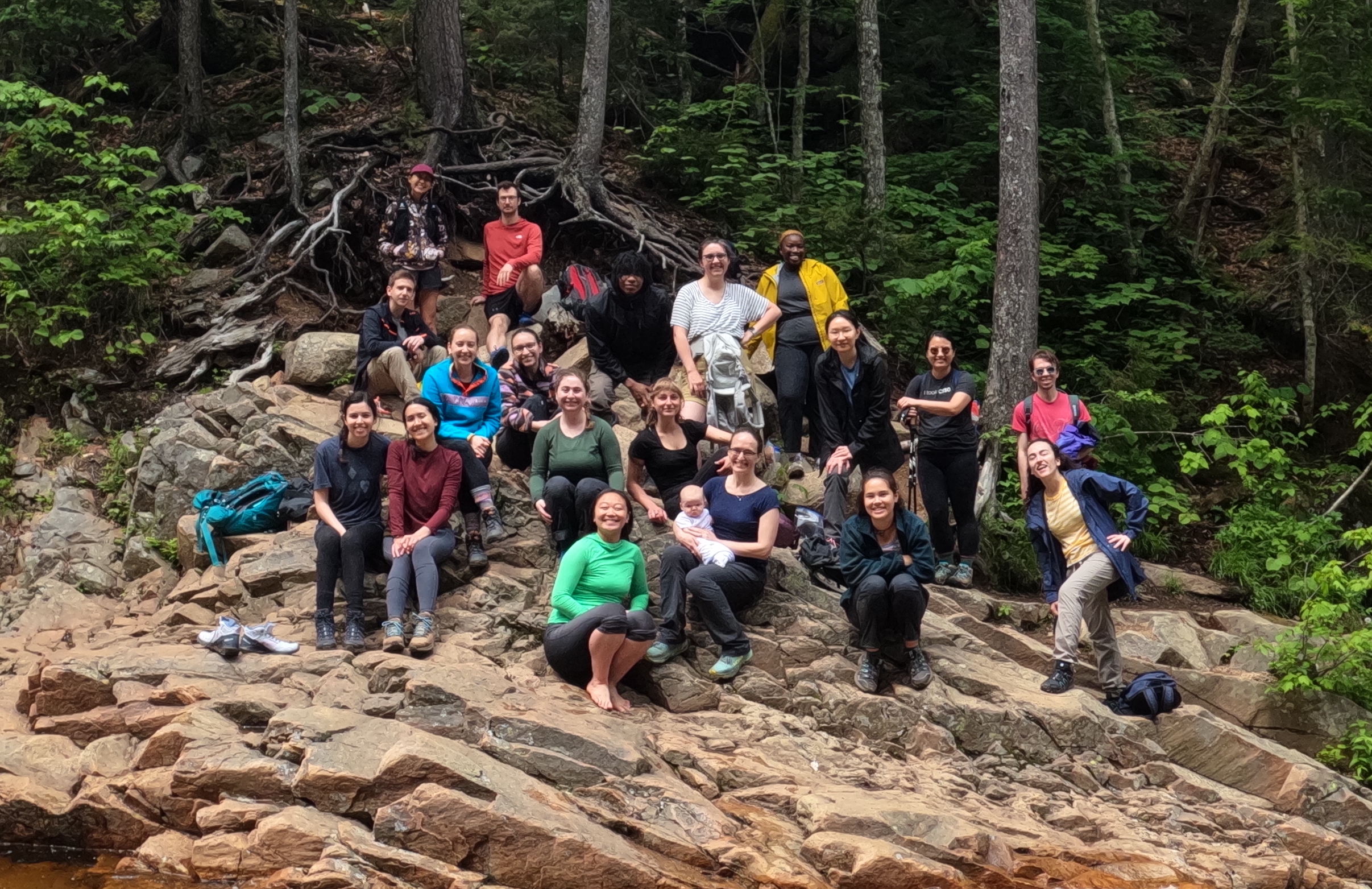Our Research
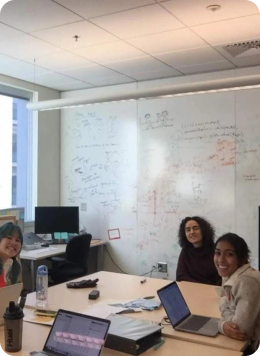
Research in the SaxeLab is motivated by big questions: How does the human brain — an electrical and biological machine — construct abstract thoughts? What aspects of our brains and minds are universal, shared by all humans, and how much is specific to a culture, or unique to an individual?
We often ask these questions about social cognition: how people think about people. We ask: how do people figure out what someone else knows, wants, or feels? How do they use that information to communicate or teach, to make moral judgements, or to exacerbate or repair conflicts? What brain regions are involved, and what specifically are they doing? How does this system work in adults, in children, and even in infants? How can computational models capture human observers’ sophisticated inferences about other people?
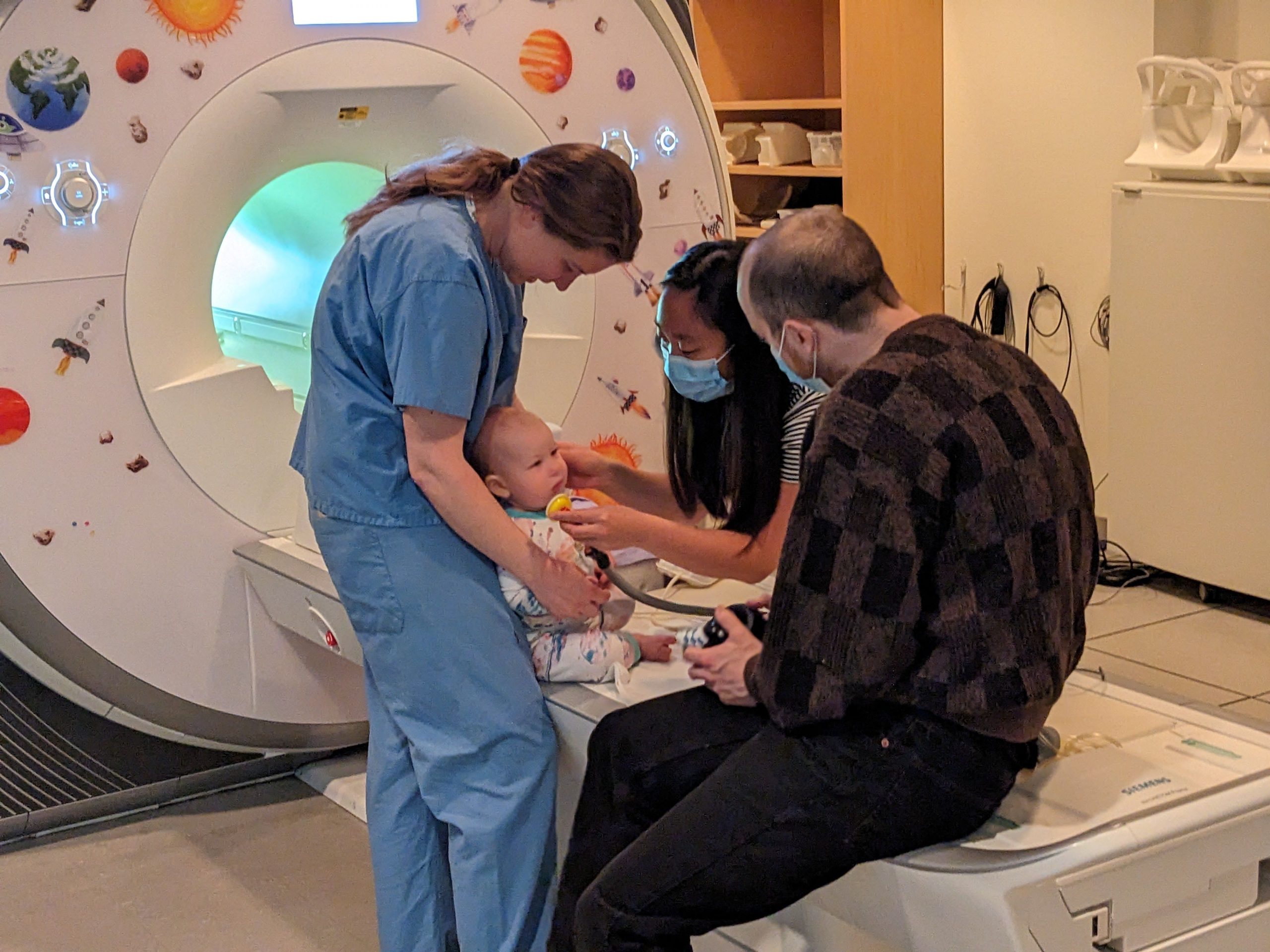
Interested in our research?
Open Science
Improving transparency and reproducibility of scientific research
We aim to make research reproducible and FAIR. We aim to share documentation, preregistrations, data, tasks and stimuli, preprints, and all our publications. We also strive to participate in collective scientific endeavors to improve the field, for example by participating in the Open Science Reproducibility Project: Psychology, and in Many Babies.
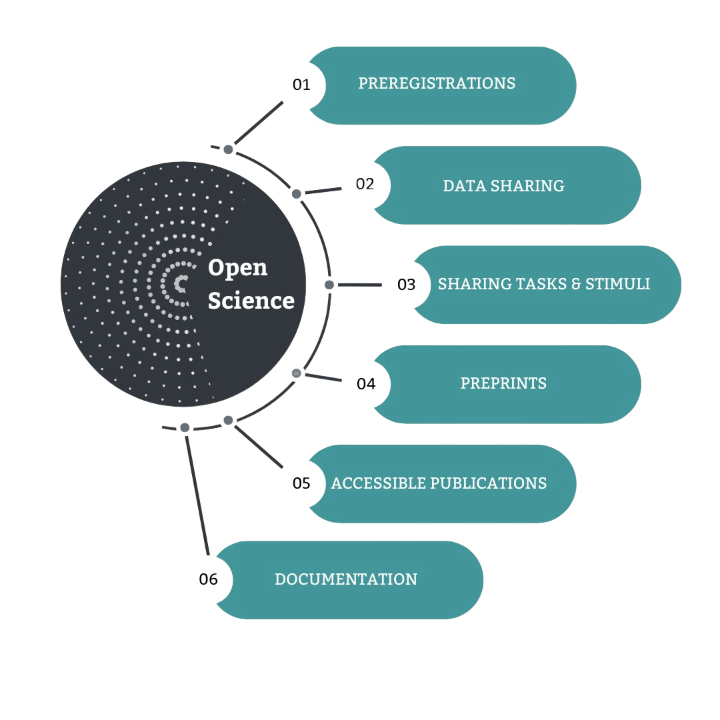
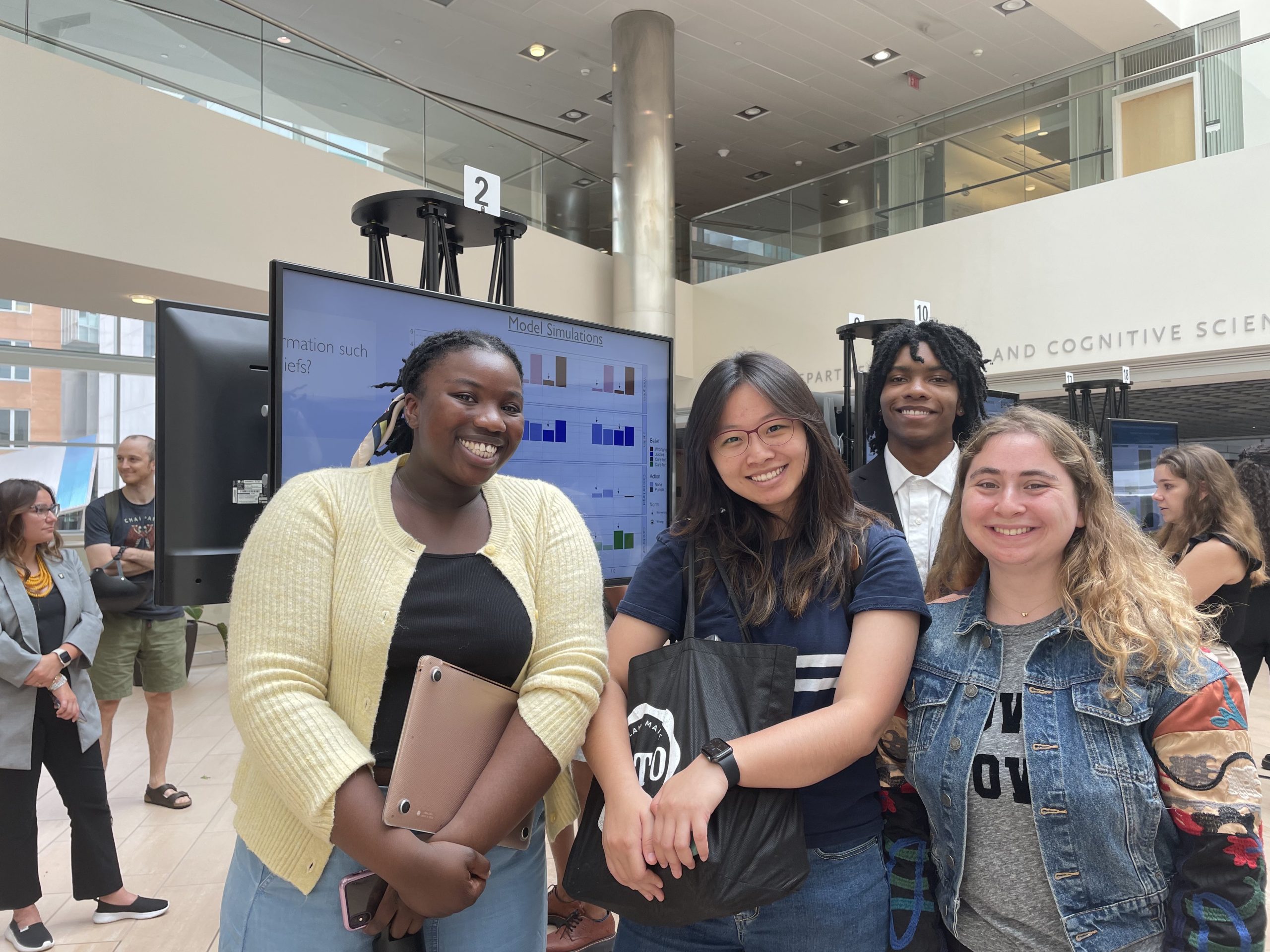
Saxelab Resources
Localizers, data, documentation, & more
